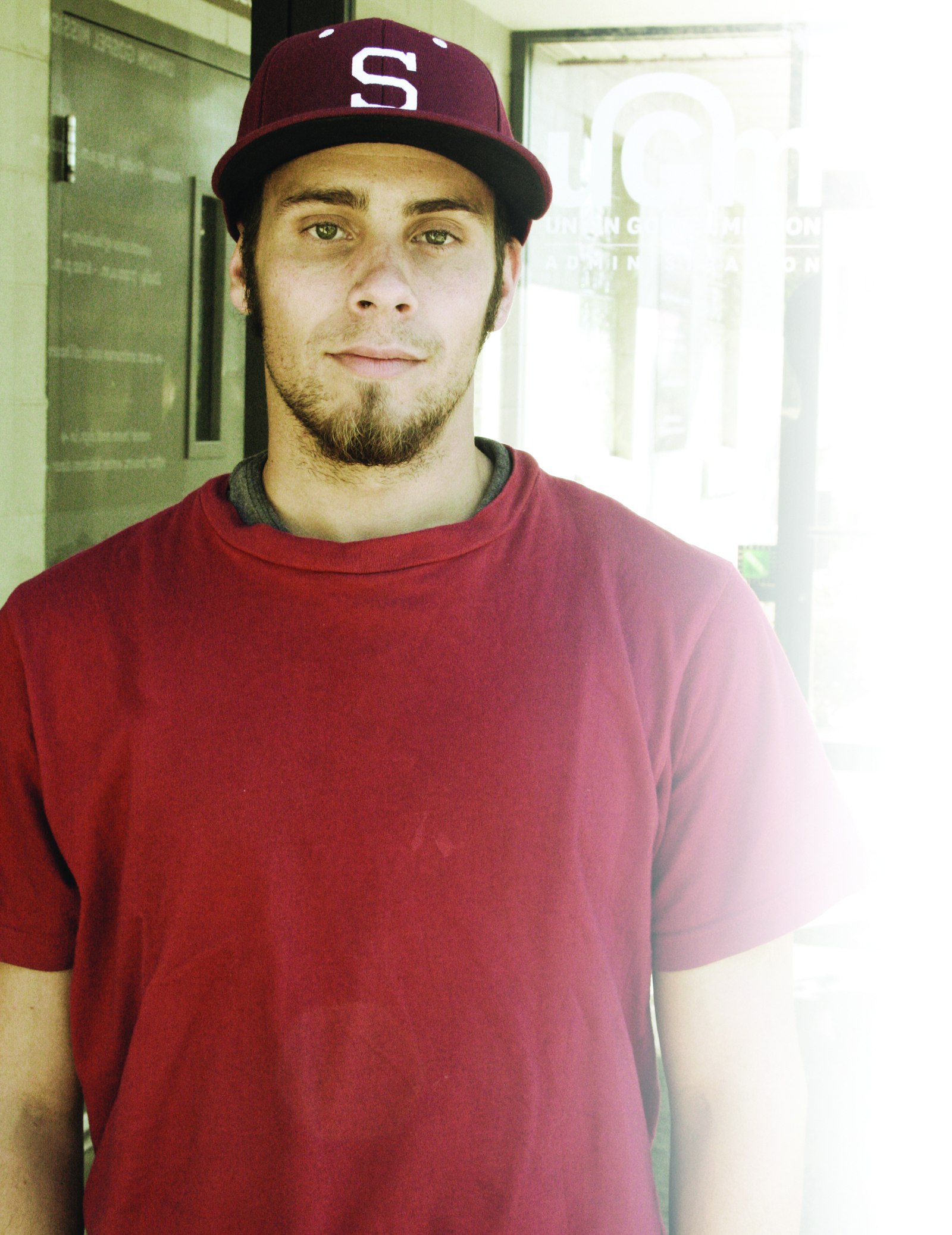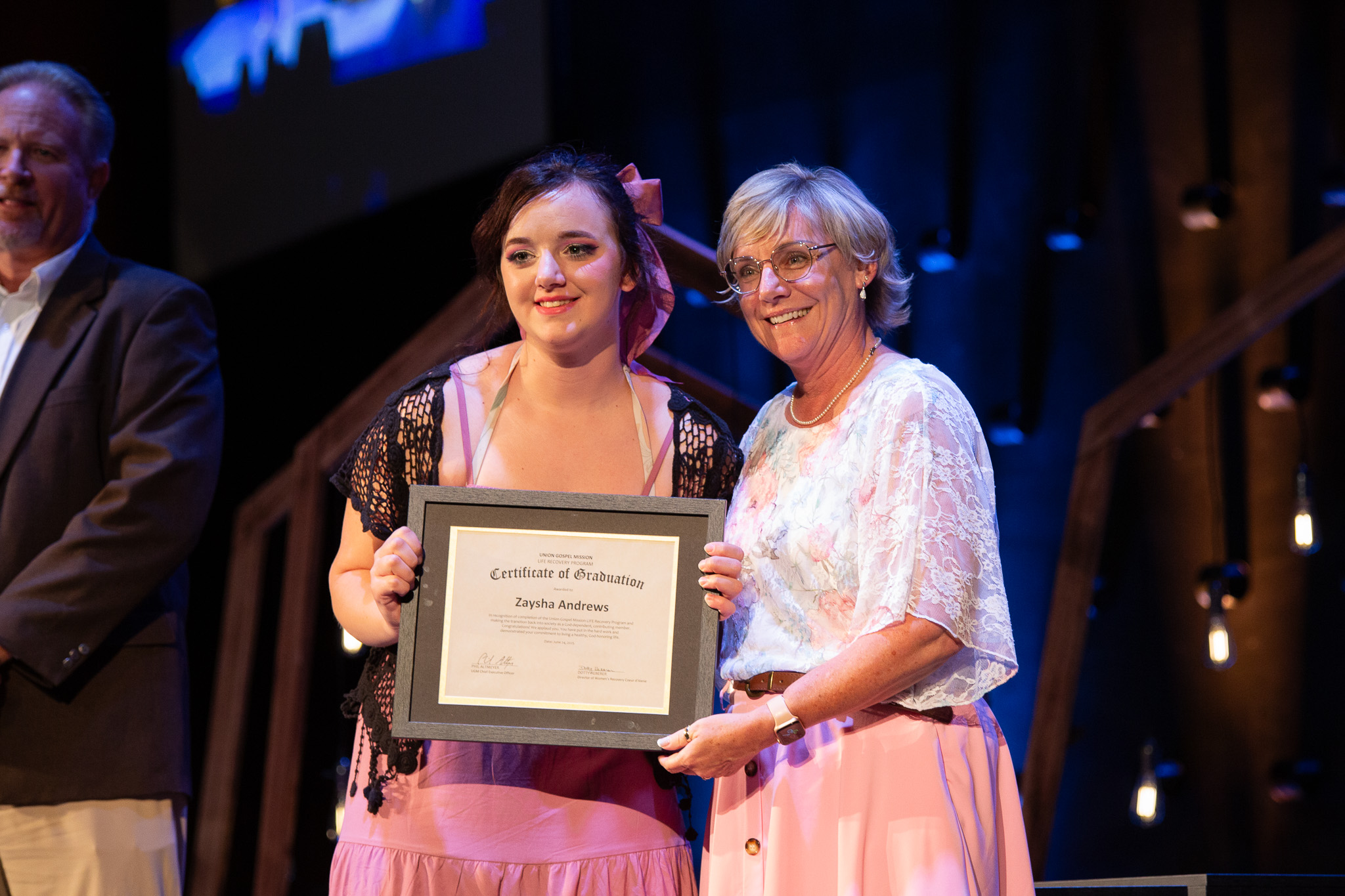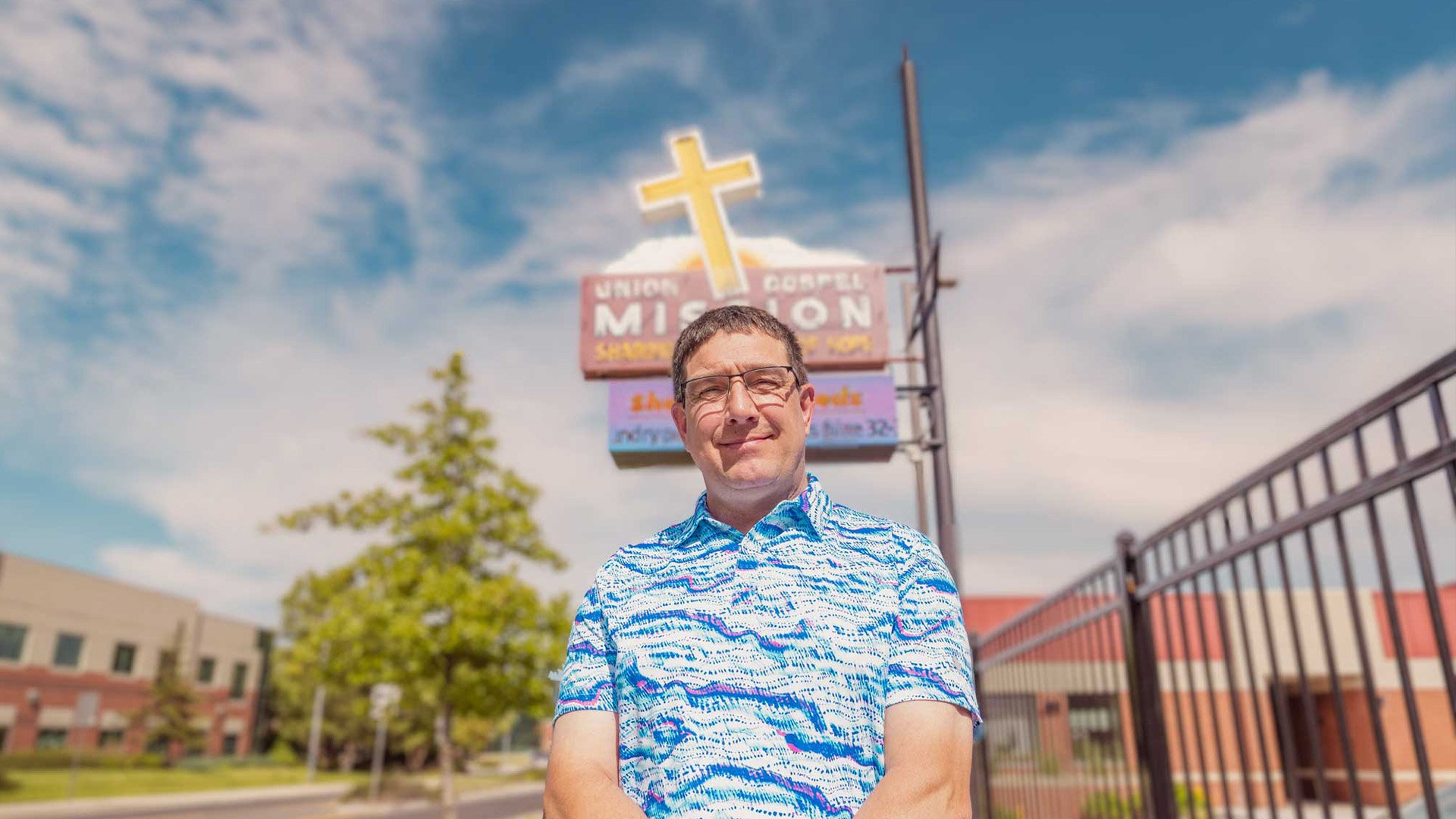2 min read
Gospel-Centered from the Start
“Let us hold unswervingly to the hope we profess, for He Who promised is faithful…Jesus Christ is the same yesterday, today, and forever.” (Hebrews...
 When I say “counseling,” what do you picture?
When I say “counseling,” what do you picture?
Most of us probably imagine two people in a quiet room, seated in comfortable chairs, talking. You’ve probably seen therapy pictured like that on TV or maybe you’ve experienced it personally. And it’s pretty accurate.
“Talk therapy” is a very common form of counseling in which people talk to counselors about their issues, problems, and dilemmas in hopes of gaining insight, awareness and understanding which will in turn help them make better choices with regard to their problems. This approach to therapy works fairly well for most problems: job changes and other transitions, conflict resolution, anxiety and mood disorders, etc. It tends to be less effective, however, when working with individuals who have experienced some form of trauma.
A traumatic event can occur in literally hundreds of ways. To be considered “traumatic” from a counseling perspective, an event must fit the following definition:
A traumatic event involves a single experience, or an enduring or repeating event or events, which completely overwhelm the individual's ability to cope or integrate the ideas and emotions involved with that experience.
The key words or phrases in this definition are “completely overwhelm” and “ability to cope or integrate.” When people experience these kinds of events, their ability to cope and function effectively in life are profoundly diminished.
The vast majority of men and women who enter UGM’s LIFE recovery programs have experienced these kinds of traumatic events and have subsequently turned to some form of addiction in an attempt to cope.
Because traditional talk therapy is not always as effective with this population of individuals, we have begun using a more experiential therapeutic technique with compelling results. This therapeutic technique is called “psychodrama."
Psychodrama involves facilitating a process whereby a person is supported, guided and encouraged to re-experience (as opposed to merely “talking about”) situations that are painful or paralyzing through the use of role play and reenactment. These reenactments take place in a way that gives the person the ability and power they did not have when the incident originally occurred. They are able to speak the unspeakable and be powerful versus powerless.
This corrective experience begins literally to reprogram the limbic system (the survival center of the brain which controls the fight-flight-freeze response to a perceived or real threat) and empowers the person to face the original trauma or the situations that remind them of that trauma. When they no longer feel the need to run from or avoid those situations, the need to use a substance or other addiction in order to escape is also diminished.
Jesus Christ proclaimed that God is love and that His perfect love casts out fear. In psychodrama, Jesus takes on a human role and speaks his truth and love into the reenactment. This combination of truth and love dispels the lies and fears that have kept people in bondage for years.
Men and women are beginning to experience true freedom from the debilitating traumas and fears that have kept them imprisoned and are thereby empowered to engage in meaningful relationships and lead successful lives.
- Dave Edwards, UGM Counselor
 Dave Edwards graduated from California Graduate School of Psychology in June 1997 with a Master of Science degree in Clinical Psychology. He is a licensed Marriage and Family Therapist in the state of Washington and has worked as a mental health counselor for the past 12 years. Dave has experience and expertise in working with marriage and family issues, as well as dual diagnosis adults in both private practice and agency settings. Prior to entering the professional mental health arena, Dave worked in pastoral counseling for 15 years.
Dave Edwards graduated from California Graduate School of Psychology in June 1997 with a Master of Science degree in Clinical Psychology. He is a licensed Marriage and Family Therapist in the state of Washington and has worked as a mental health counselor for the past 12 years. Dave has experience and expertise in working with marriage and family issues, as well as dual diagnosis adults in both private practice and agency settings. Prior to entering the professional mental health arena, Dave worked in pastoral counseling for 15 years.
Are you interested in coming alongside someone in recovery? Lots of volunteer positions are available - job counselors, mentors, tutors, case managers, to mention just a few. Click on the link below to sign up for one of our volunteer orientations.

2 min read
“Let us hold unswervingly to the hope we profess, for He Who promised is faithful…Jesus Christ is the same yesterday, today, and forever.” (Hebrews...

9 min read
To celebrate 75 years of serving the Inland Northwest, we are spending the year remembering our history and the faithfulness that built us and...

2 min read
In 2026, Union Gospel Mission Inland Northwest is approaching our 75th Anniversary! This is a milestone that invites gratitude and reflection, and...

CHRIS family breakdown, substance abuse Chris’ mom went to prison when he was three for selling cocaine. His dad hung himself when Chris was eight....

The 2025 Life Recovery commencees have journeyed through deep valleys of struggle and hardship. Yet, with resilience and grace, they have emerged...

“The enemy got his hooks into me early. I’d been using for roughly 40 years.”